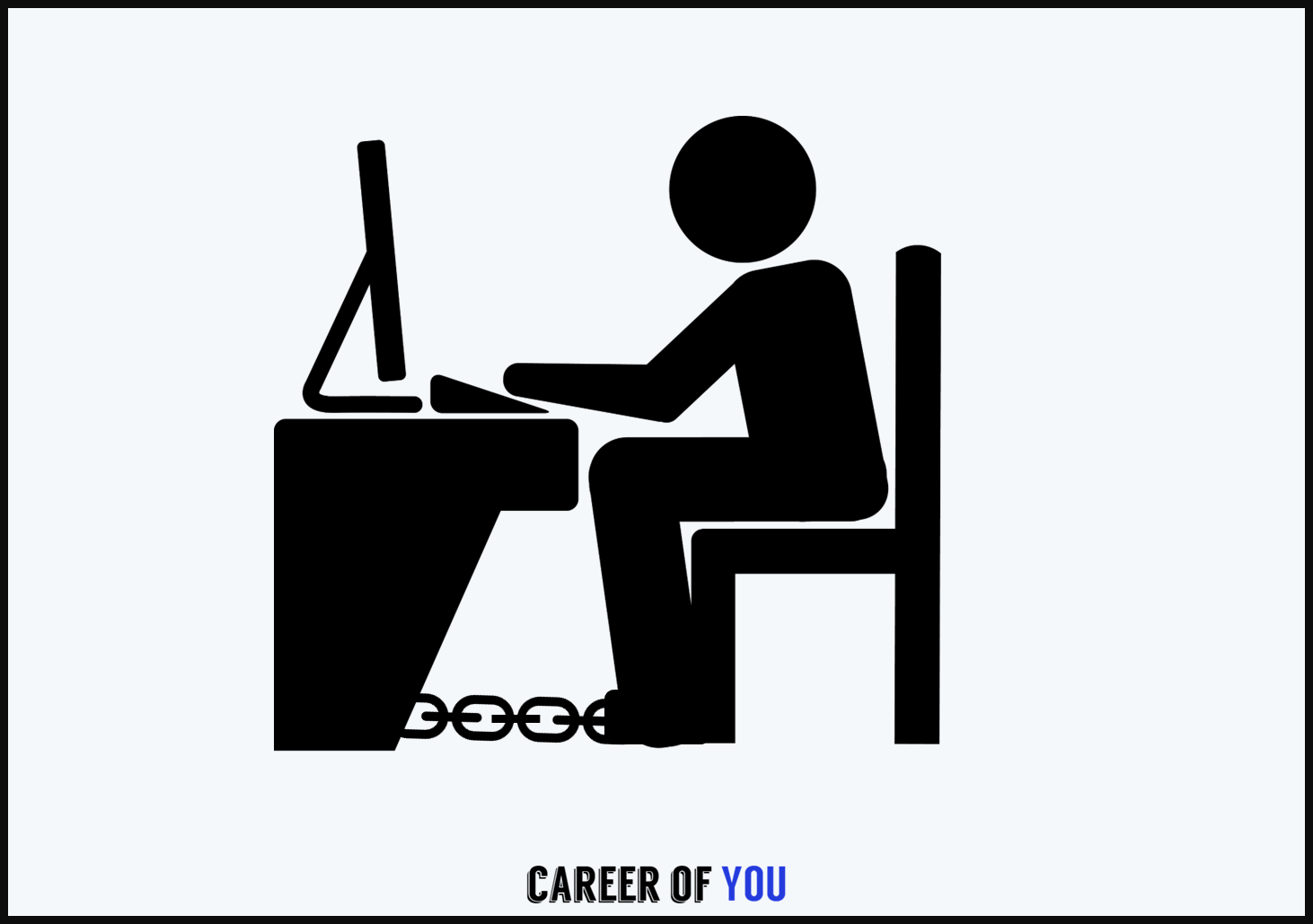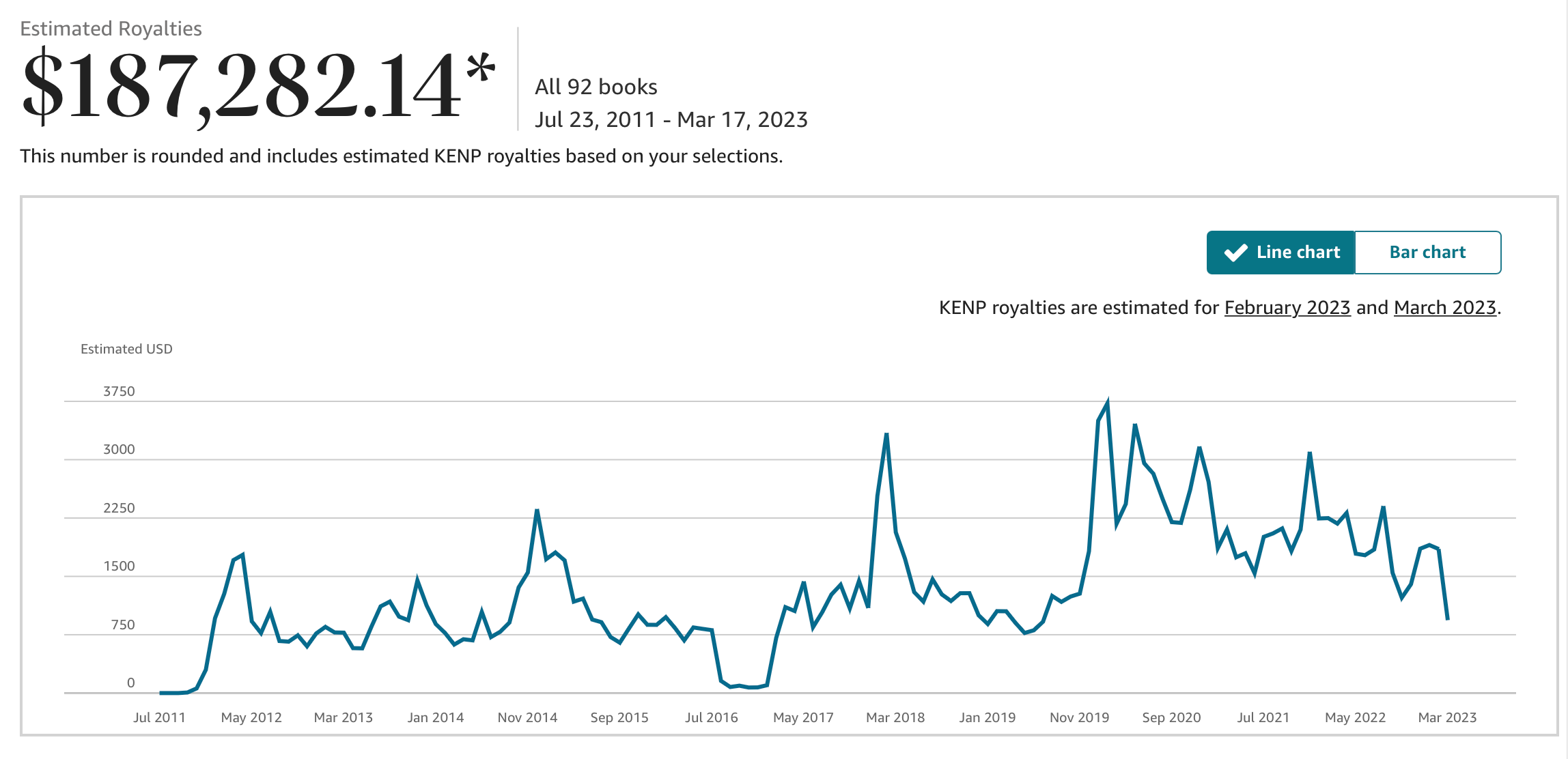And best practices for implementing them.
recently finished another day of back-to-back video conferences, and immediately fell asleep in our spare bedroom, which now doubles as my home office. Don’t get me wrong, I’ve felt tired from work before, but never passed out from exhaustion.
In addition to working remotely, I attend a Friday night ‘beer and banter’ session with my colleagues, have a weekly video chat with my parents, and attend a weekly family quiz — all over video. Increasingly I’m finding logging onto a video call tiring.
Many people are reporting similar experiences, so much so that a new phrase has entered our vocabulary — “zoom fatigue”.
If this is all sounding familiar, don’t despair, it’s not all zoom and gloom (sorry I couldn’t resist). Here are five research-backed ways you can make video calls less exhausting.
Avoid multi-tasking
Trying to do multiple activities at once significantly reduces your performance. Psychological experiments, have shown that switching between tasks can cost you as much as 40% of your productivity.
When you are on your next video call, remove any other distractions. Avoid checking your email or looking at your phone, and stay present. By focusing on one thing at a time you will add more value to each activity.
Schedule breaks
When you are faced with back-to-back video calls, taking a break may seem like a luxury you can’t afford. But numerous studies, have shown that taking breaks can boost focus and productivity.
A good rule of thumb is to align your work with your body’s natural rhythms. Physiologist Nathaniel Kleitman discovered that when we sleep, we progress through different stages every 90 minutes or so — the circadian rhythm. This continues while we are awake, with our bodies cycling through higher and lower levels of alertness over a period of 90 minutes.
Professor K. Anders Ericsson took this further. He studied elite performers, including musicians, athletes, actors, and chess players. In each of these fields, Ericsson found that the best performers practiced in uninterrupted sessions for no more than 90 minutes. Going beyond this time did not give their minds appropriate time to recover.
Try to batch your video calls into 90-minute segments, allowing time for a 15-minute break between sessions. For days where you cant avoid back-to-back calls, consider making meetings 20 minutes or 50 minutes, instead of the standard half-hour and hour sessions.
Exercise for energy
Exercising regularly is one of the easiest and most effective ways to improve concentration, motivation, memory, and mood. Physical activity immediately boosts the brain’s dopamine, norepinephrine, and serotonin levels — all of which positively impact our ability to focus.
Professor Patrick O’Connor from the University of Georgia reviewed 70 exercise related trials that had enrolled a total of 6,807 people. According to Professor O’Connor, “more than 90% of the studies showed the same thing: sedentary people who completed a regular exercise program reported improved energy levels compared to those who did not exercise — it’s a very consistent effect.”
When you are under pressure from work, exercise can feel like an indulgence you simply can’t justify. But just 30 minutes of daily activity can significantly boost your energy and your focus, making the time you do spend working so much more valuable.
Switch to phone calls
According to clinical psychologists, being on a video call is equivalent to delivering a performance on a stage. With that comes the subconscious knowledge that you are being judged on your performance. This is far more stressful than an in-person conversation, and is why people suffer from stage fright.
For certain meetings suggest switching to phone calls. Most likely the other person will welcome the cognitive break.
For calls with new people, avoid video
Many people now feel a tendency to use video as the default for all communication. In situations where you’re communicating with people you don’t know, you may now feel obligated to send a video link. But this wasn’t the case even a year ago.
A video call is fairly intimate and can even feel invasive in some situations. If you are feeling fatigued it is ok to decline a video call request and suggest a phone call instead.
Show our colleagues understanding
Implementing these tips will go a long way in preventing you from feeling so exhausted at the end of another day of video calls. But it’s important to remember the context we are working in. Simple work-hacks will help make the day-to-day easier, but won’t take away how worried people are about their health, their job security, and their loved ones.
We are all exhausted.
The most valuable thing we can do is show our colleagues understanding; and not make video meetings more difficult than they have to be.





